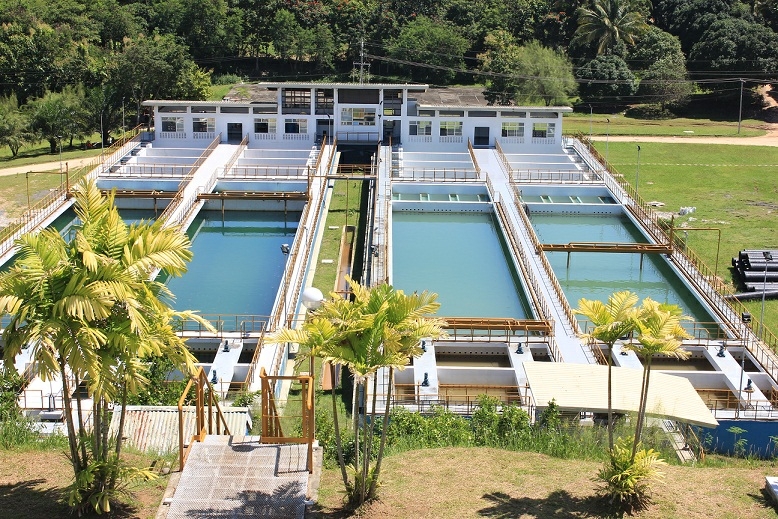MINDANAO’S Roman Catholic bishops acknowledged there were many fears about President Duterte’s May 23 declaration of martial law in Mindanao but for now, they said they have “no solid and sufficient facts to absolutely reject the declaration of martial law as morally reprehensible.”
“But we are certainly agreed that martial law must be temporary,” the bishops said in a May 26 statement.
They vowed to “condemn any abuse of martial law and as in the past will condemn it outright if it goes in the way of evil.”
“Let us be vigilant,” said the statement released by Cardinal Orlando Quevedo, the archbishop of Cotabato, and other Mindanao bishops.
Duterte signed Proclamation 216 in Russia, placing the entire Mindanao under a state of martial law “for a period not exceeding 60 days.” Duterte also suspended the privilege of the writ of habeas corpus for the duration of martial law.
The bishops’ statement, “Pursue what leads to peace,” was addressed to all Mindanawons and not just the Catholic faithful who asked them for pastoral guidance on the issue of martial law.
Mindanao has at least 21 bishops for five archdioceses, 14 dioceses, a vicariate and a prelature.
The bishops condemned the terroristic acts that have caused the loss of innocent lives, the burning of homes and public buildings, including a Protestant school dormitory and a Catholic Cathedral in Marawi City.
They also condemned the “unconscionable kidnapping” of teachers and church personnel, including Fr. Teresito Suganob.
They prayed for their safety and appealed to hostage-takers to release all of them unharmed.
“The victims fear death but they also have the courage to give ultimate witness to Christ,” the bishops said.
The bishops condemned terrorism in its various forms, calling it as an ideology that is totally against the tenets of any religion of peace especially so when terrorism was perpetrated while Muslims were preparing for Ramadhan.
Terrorism, they said, distorts and falsifies the true meaning of any religion, destroys harmonious relationships among peoples of different faiths and “creates a world of suspicion and prejudice, of hatred and hostility.”
The bishops said they are aware that the problems of peace and order, of the continuing disruptive activities of other rebel groups, of criminality and drugs, of corruption and underdevelopment that are in every nook and corner of Mindanao, and that these problems “go beyond the city limits of Marawi.”
But martial law, the bishops said, “is a means of last resort.”
They posed several questions: “Are moral principles fulfilled? Were other means to resolve the deep and wide serious problems of Mindanao impractical and ineffective? Will the positive effects of Martial law outweigh the negative effects? Will there be probability of success? Will it bring about a culture of accountability and end a culture of impunity? Will Martial law increase human rights violations? Will Martial Law be abused for evil purposes?”
The answers to many questions are speculative, the bishops said.
“We have many fears,” they acknowledged, but added that at present, “we simply do not have solid and sufficient facts to absolutely reject the declaration of martial law as morally reprehensible. But we are certainly agreed that martial law must be temporary.”
They urged government to remove the causes of terrorism, such as poverty and injustice, through just and accountable governance focused solely on the common good. (carolyn o. arguillas of mindanews)
Disclaimer
Mindanao Gold Star Daily holds the copyrights of all articles and photos in perpetuity. Any unauthorized reproduction in any platform, electronic and hardcopy, shall be liable for copyright infringement under the Intellectual Property Rights Law of the Philippines.












